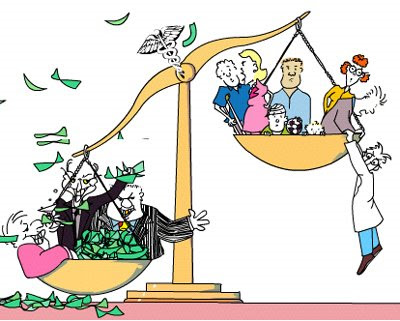The Real Threat of Pharmaceutical Drugs

Interestingly, the survey did not ask consumers the following question:
How many Americans do you think is acceptable for the drug companies to kill each year?
Because right now, that number is, conservatively, about 100,000 American citizens. More realistic estimates put it at double that number, or 200,000. I've often stated that pharmaceuticals kill more Americans each year than diet in the entire Vietnam War, and the number of Americans killed by acts of terrorism are dwarfed by the number killed by prescription drugs that
the FDA and drug companies unquestionably knew were killing people. It's not that these deaths were truly accidental... they were fully documented but ignored anyway by an industry that is now clearly a very real threat to the health and safety of the American people.

This is no exaggeration: The number of people killed by FDA-approved pharmaceuticals since 9/11 is equivalent to dropping a nuclear bomb on a major U.S. city. International terrorists could not even hope to cause the number of casualties in the United States that have been achieved by the drug companies working in conspiracy with the FDA.

If we don't put limits on the influence and corruption of the drug companies by banning drug ads and demanding serious FDA
reforms, the body count will only get worse. Consumers are finally waking up to this reality, and they're increasingly demanding "get tough"
solutions that would require the FDA to protect the people instead of protecting Big Pharma profits.
As Bill Baughan, a senior policy analyst with Consumers Union (Consumer Reports), said, "Consumers expect
Congress to take their concerns about
drug safety seriously, and deliver
legislation that will prevent future Vioxx-type disasters. Failure to act this year on the strongest possible bill, when more than 80 pecent of Americans agree that Congress should do whatever is necessary to ensure drug safety, would equate to gross legislative malpractice."


